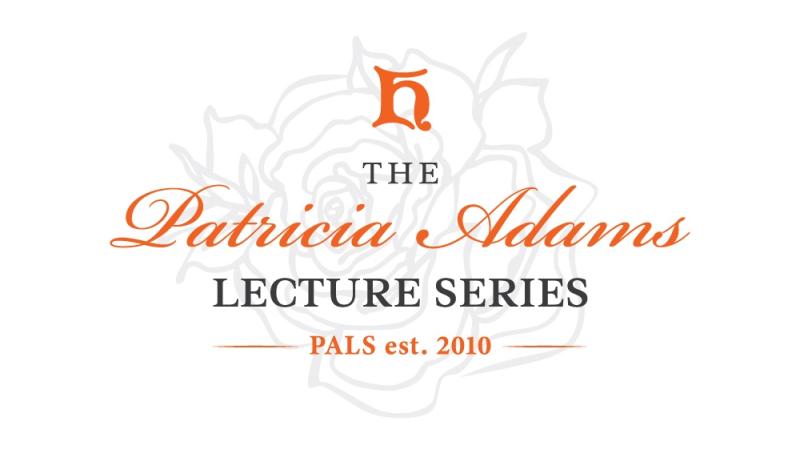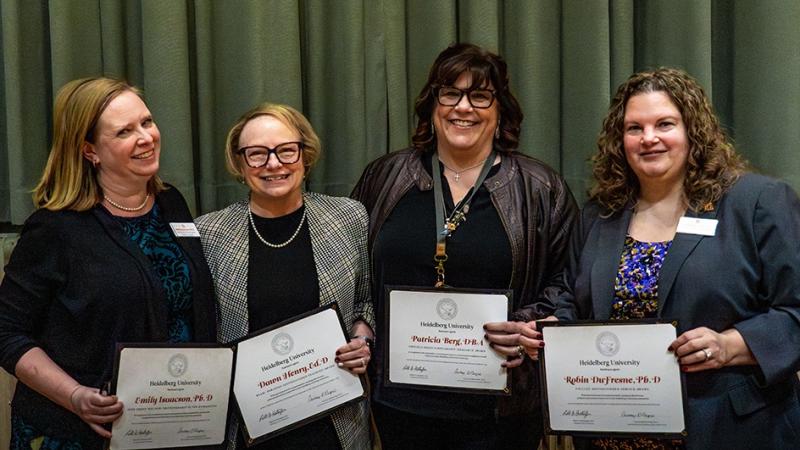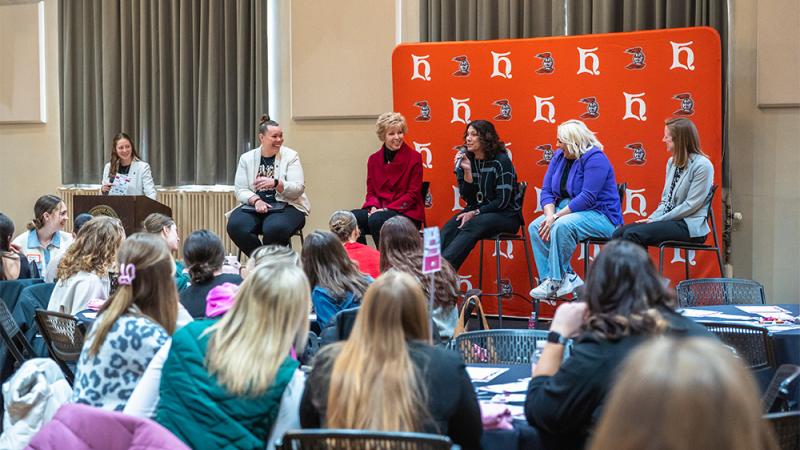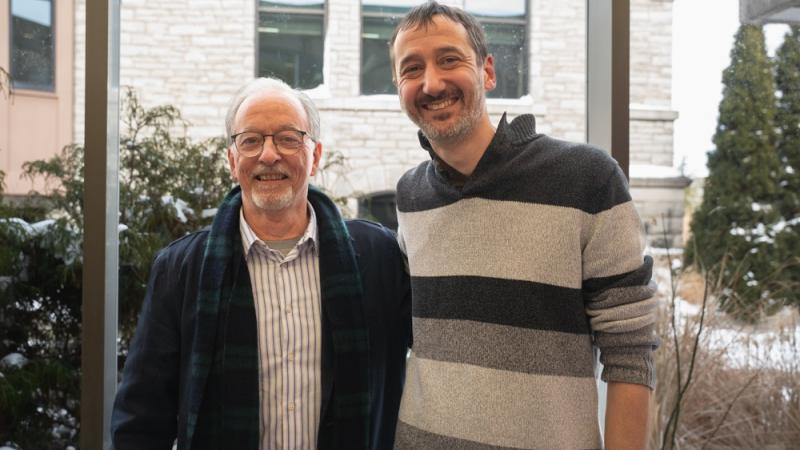Pandemic can't stop '15 grad from finishing Ph.D.
Erin Gorrell, ’15, wasn’t about to let a pandemic get in the way of finishing her Ph.D. at Kent State University. She had worked too hard to let that happen. With a little creativity and adaptability, she successfully completed complex research and defended her dissertation virtually in October. Now Dr. Gorrell, she was pleased that some great Heidelberg mentors celebrated with her.
We recently connected with Erin and asked about her graduate school experience, her Heidelberg foundation and her new job.
Heidelberg: What did you earn your Ph.D. in?
Erin: Biomedical Science with a concentration of Cell and Molecular Biology
Heidelberg: Describe your dissertation research project.
Erin: My lab as a whole did research on obesity. For example, one of my coworkers did studies on intermittent fasting. Several other graduate students and I worked on delineating the pathway, from brain to muscle, by which thermogenesis occurs in the presence of predator odor. We found for the first time that ferret odor induces skeletal muscle thermogenesis (heat production) by 1-2 degrees Celsius in as little as two minutes, and this effect was sustained for at least two hours. We, therefore, wanted to investigate what pathways mediate this effect, both centrally and peripherally via the nervous system. My work focused on how the sympathetic nervous system regulates predator odor-induced muscle thermogenesis. I found that it was regulated by the sympathetic nervous system, and that the effect was present with and without various potential contributing sources, such as brown adipose tissue and the estrous cycle.
Heidelberg: How did the pandemic play into you getting it all finished?
Erin: I had one project left to finish before pandemic shutdowns affected our labs. I had just finished the behavioral studies and pilot data collection study for this project (norepinephrine turnover, a measure of sympathetic nervous activity, in various body tissues during predator odor exposure) when the shutdowns stopped all research. At that time, I was already working on writing my dissertation. I was able to modify my dissertation prospectus, which was a working contract for Ph.D. graduation, to include as much of the final project as I could reasonably complete when labs reopened while continuing my dissertation writing. This allowed me to prioritize the dissertation writing and defense examination while waiting on labs to reopen. I continued research during and after my defense examination when labs reopened until I started my new job this month.
Heidelberg: I understand a group from Heidelberg attended your defense, which was by Zoom, correct? Who was there to support you?
Erin: Correct, it was by Zoom. While most of the invited former professors were from biology (my major), some were from chemistry and other departments as well. I also invited many of my friends from Heidelberg, and I am so grateful for everyone who took the time to watch and participate, as well as those who were not able to attend but were so kind and supportive in their replies! I chose instructors who I felt most sparked my love for science, challenged me, and taught me the invaluable knowledge to be able to pursue further education. I also chose instructors who enriched my professional skillset, as well as helping me grow personally and ethically through education and exposure to new ideas, cultures, and places. Finally, I invited Heidelberg alumnus Dr. Mark Peeples, ’74, who hired me as an intern when I was still a student and again as a lab technician after I graduated. He was instrumental to my introduction into lab work at a large research institution. I want to thank everyone who attended or corresponded with me again. It means so much to me! Strangely, it would have never been possible without our new way of virtual meetings, so that is one positive takeaway.
Heidelberg: Explain a bit about how your Heidelberg experience, especially in the labs, provided a foundation for grad school for you.
Erin: I was able to participate in small, hands-on courses and labs that really helped me learn in a way that fit with my personality and needs. The cadaver lab was ultimately the reason I chose to attend Heidelberg. While I didn’t go to medical school, the cadaver lab and the preparatory courses and labs before it were some of my favorite and most valued courses of all time. I was able to enter grad school with an anatomical background that helped me be chosen for an upper-level teaching position at an early stage. I taught one introductory biology course in my first semester, then taught an upper-level anatomy course afterwards. I was also more advanced in anatomy when it came to performing rodent surgeries for my own personal research.
Heidelberg: Is there a specific professor who was an excellent mentor for you? How did that person influence you while you were an undergraduate at the Berg?
Erin: Dr. Pam Faber (professor of biology) was an excellent mentor for me. At the time I had no idea, but she helped me register for my first semester of courses in a computer lab before I was even a student. I later took most, if not all (she may teach different courses now or I may not remember), of the anatomy and physiology series she taught, as well as the cadaver series. She was so challenging yet supportive, it motivated me to do more in every course I took. Her series of anatomy and physiology courses served me greatly during my time in grad school and still today.
Heidelberg: What will you be doing now that you have finished your Ph.D.?
Erin: I was recently hired as a Clinical Research Regulatory Specialist at University Hospitals in Cleveland. I will work on investigational drug and device study submissions to the FDA to coordinate regulatory operations of University Hospitals clinical trials.




